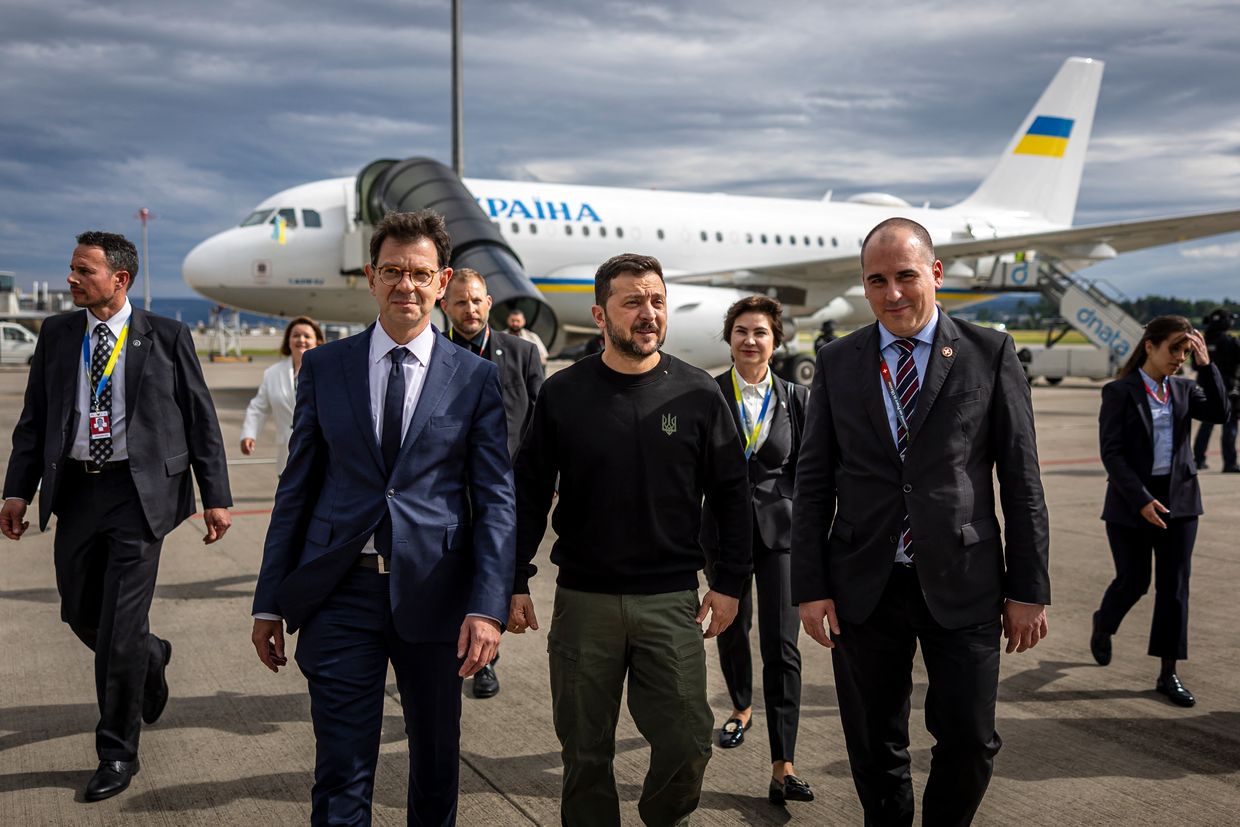Ukraine wants to hold another peace summit by end of year, official says

Ukraine wants to hold a second global peace summit before the end of 2024, Ihor Zhovkva, deputy head of the Presidential Office, said in an interview with Interfax Ukraine on June 21.
Switzerland hosted Ukraine's global peace summit on June 15-16, with over 90 countries and organizations in attendance. Russia and China did not attend.
Almost 80 attendees signed the final joint communique of the peace summit on June 16.
Some of the countries that were notably absent from the list of signatories included India, Saudi Arabia, Indonesia, Colombia, South Africa, Thailand, Mexico, and the United Arab Emirates.
"We want to hold the second peace summit before the end of the year," Zhovka said. "Ukraine, like no one else, wants peace as soon as possible."
"We definitely do not want peace based on the so-called Russian recognition of reality," Zhovka added.
Russian President Vladimir Putin claimed on June 14 that Moscow would only consider a ceasefire if Ukrainian troops were to leave Ukraine's Donetsk, Luhansk, Kherson, and Zaporizhzhia oblasts.
According to Zhovka, Ukraine would be prepared to start negotiations with Russia "tomorrow" if Moscow were to immediately withdraw its troops from Ukrainian territory.
There is a "high degree of probability" that the next peace summit will take place "in one of the countries of the global south," Zhovka added.
"It would be logical, because the first summit took place in a European state," he said.
Ukraine's Ambassador to Singapore Kateryna Zelenko said in an interview published on June 20 that Kyiv would also consider participating in a Beijing-led peace conference with Russia's presence if the talks are based on the principles of the "U.N. Charter and international law."













